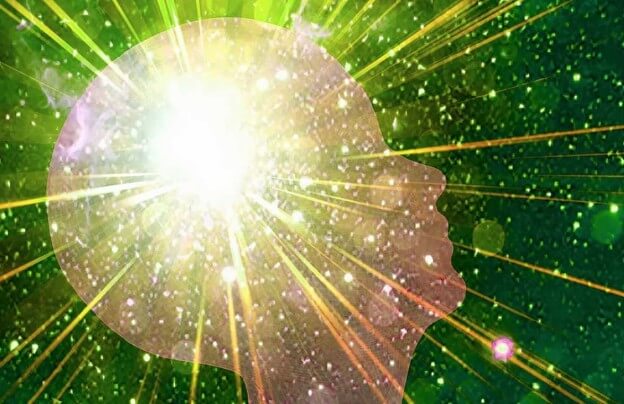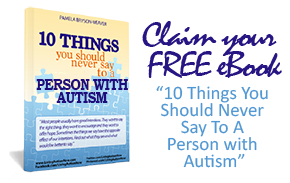Long before Autism was named as it is by Leo Kanner, there were endless accounts of children (as well as adults) exhibiting symptoms of the disorder. They used to be tagged as “possessed by the devil” or as children born to “ice-cold” mothers. There was also a time that it was put under schizophrenia’s umbrella until Hans Asperger came along. Asperger’s Syndrome, however, is but the teeniest tip of the autism iceberg. Over the years, the spectrum of autism disorders has evolved far-and-wide leading to variations of medical and technological terms.
If we care to check autism and its symptoms, it is right to assume that it has been the same throughout history. It is only our perception of the disorder as well as the countless researches that have been published made us look at it as “evolving.” From the theory of genetics comes the unending debate on vaccines, environmental factors, vitamin deficiencies, and pregnancy complications as the likely causes of such. Studies on rats, horses, and what-have-we have also been discussed perfunctorily throughout the course of autism’s evolution. Of course, this also leads to numerous treatments and therapies, parents vs. doctors views, educational choices, discipline, and so on, and so forth. With the Internet’s open resource, it seems there is no end on this finger-pointing debacle.
Apart from learning the what-and-why’s of Autism, however, acceptance is the very key to open a door that will encapsulate all these so-called “discoveries.” Like all other disabilities, autism acceptance has a long way to go. With 1 in every 68 kids having the said disorder, an invisible mania has blanketed people across the globe. The fear is understandable knowing that there is no known cure, but can also be debilitating to families who are already living, as what others say, “the nightmare.” Well, we are not. The first few months (at times, years) can prove to be challenging. Like other’s lives, we also receive a lot of blessings and key learning. Pure gratitude and tolerance are just two virtues that autism brings. So is being able to embrace life’s intricacies.
Today, the endless debate on vaccines, therapies, and treatments are not helping either. For everyone to move forward, it is imperative that we accept autism’s full impact on affected people’s lives. Whether high or low functioning, autism cases are growing in numbers. Yes, finding the root cause is noble. For now, however, accepting these individuals as unique persons like atypical ones is more important. Lest you forget, AUTISM is not a disease. These kids and adults who live on the spectrum are different, but no less.




